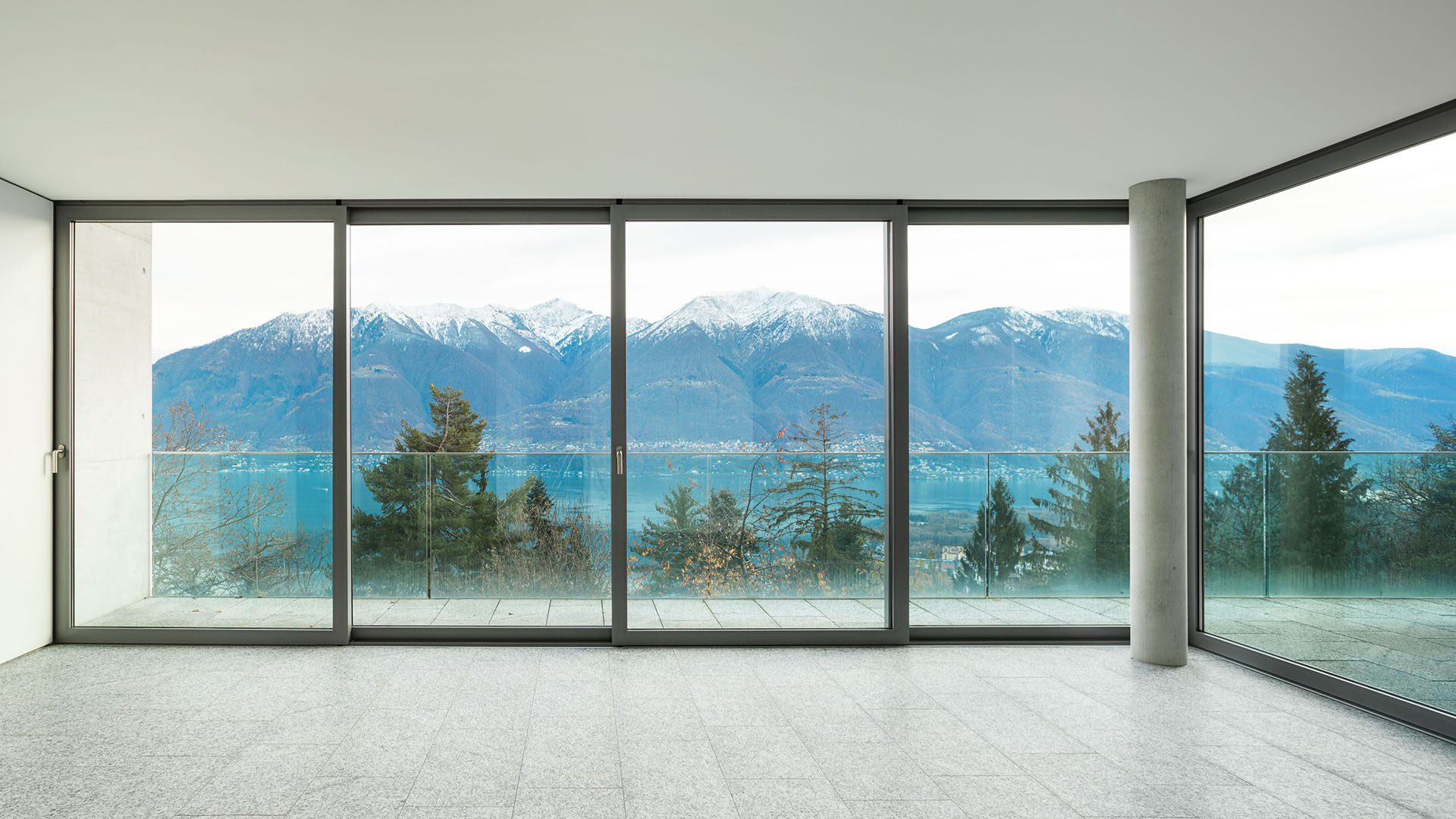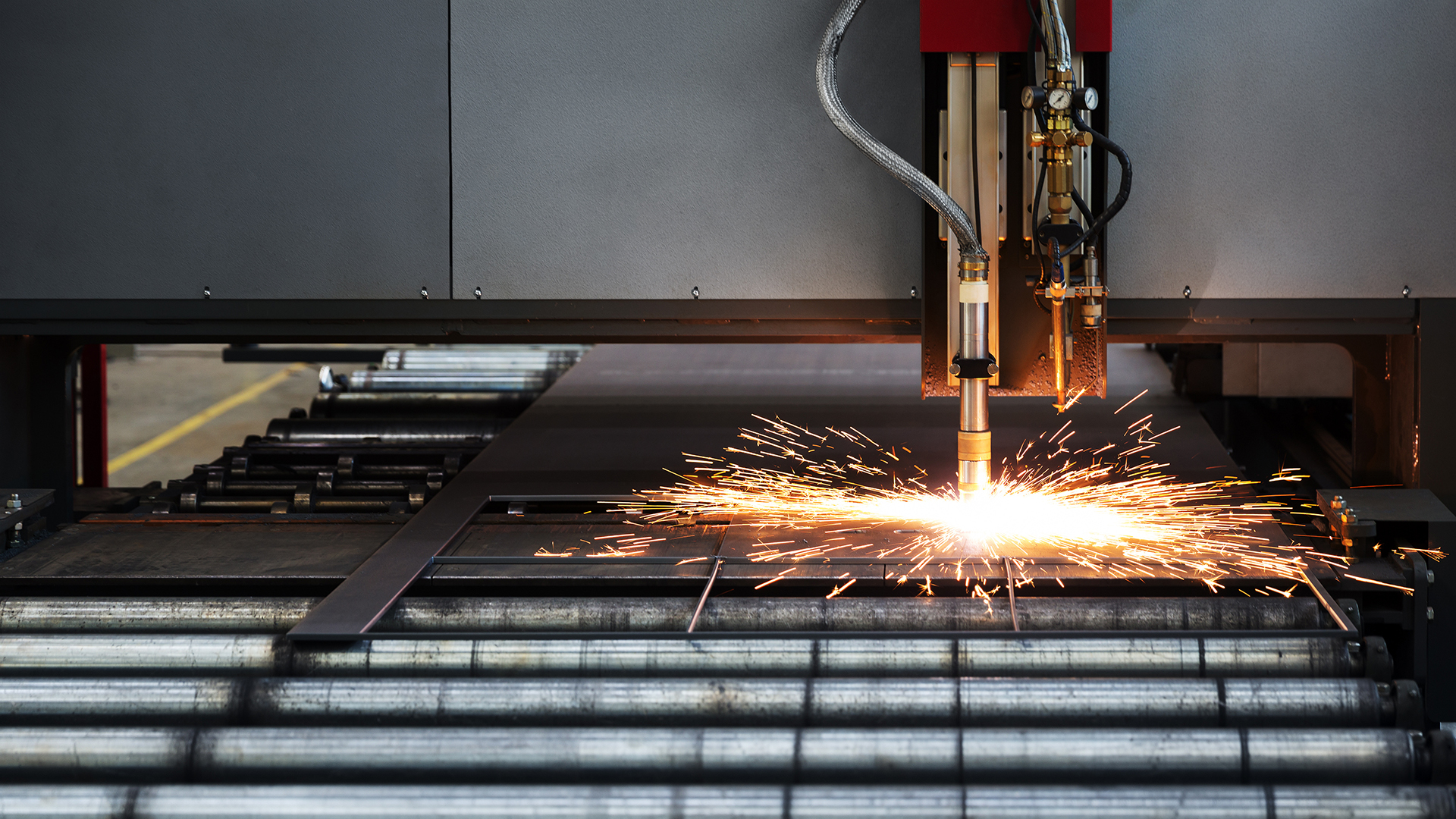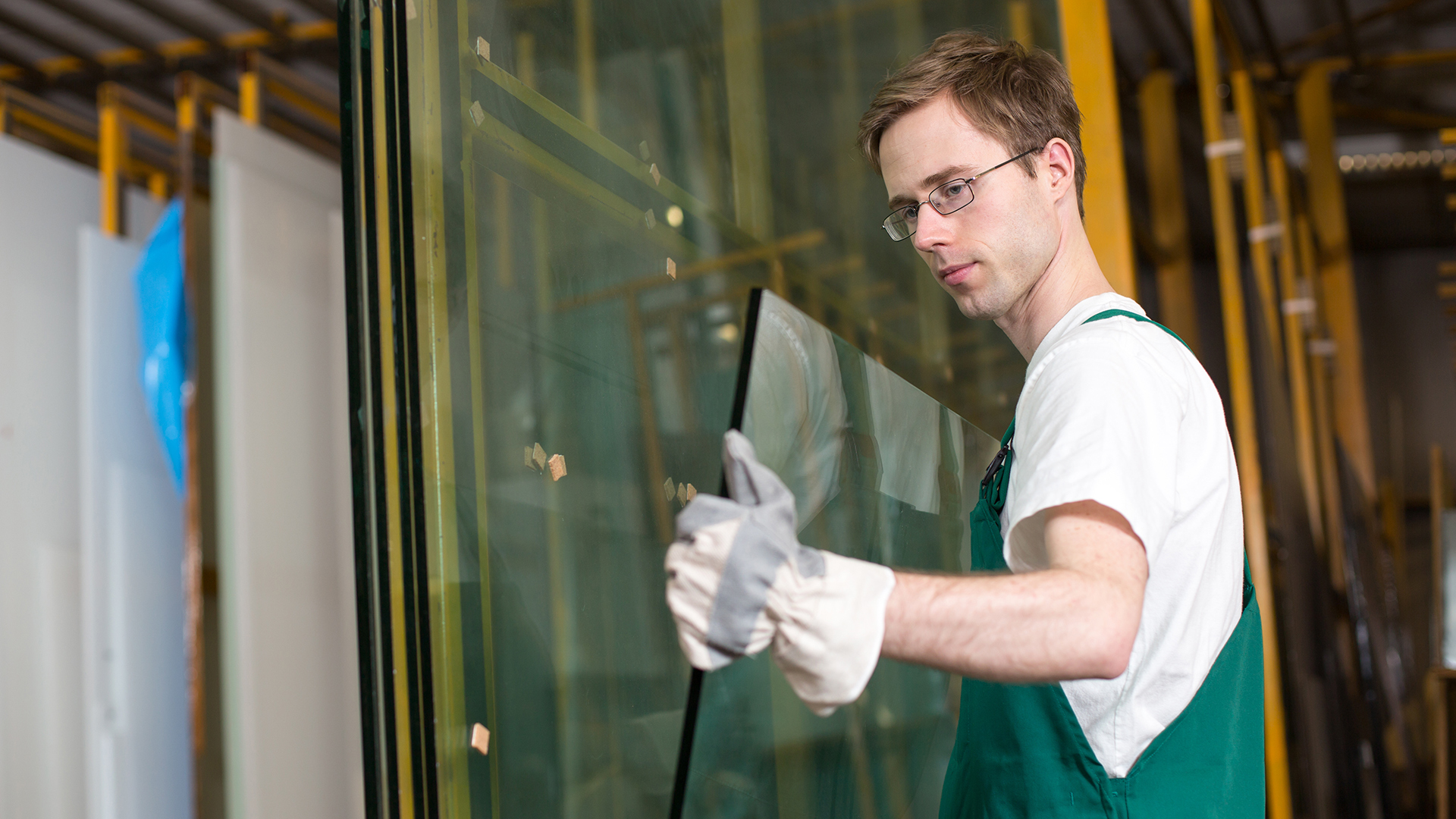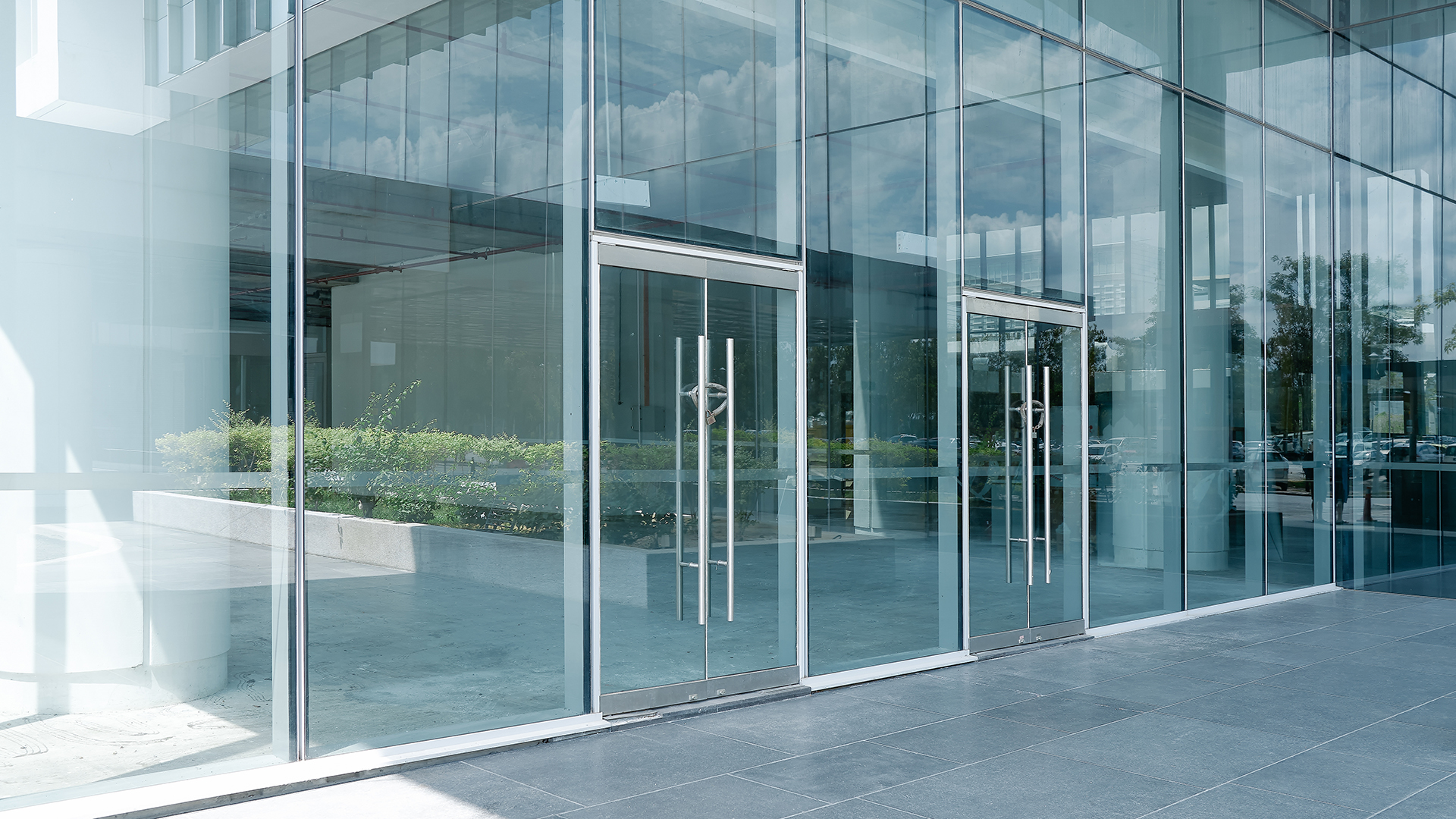For homeowners, replacing windows may be a significant financial commitment that calls for careful planning. It can be difficult to estimate the price of replacing old windows since there are so many variables to take into account. Including the cost of labor and supplies, as well as any licenses or permits that may be necessary. Understanding the various components, such as window frames made of wood or vinyl and numerous glass alternatives, is crucial when estimating the cost of window replacement. Costs associated with installation labor should also be included in total expenses. In this post, we’ll look at several key issues surrounding window replacement, such as tax benefits, do-it-yourself possibilities, and upkeep specifications for new windows. Homeowners may make better judgments, save money, and ensure high-quality services and goods by being aware of these issues.
What Is The Average Cost Of Replacing Windows?
For homeowners, replacing windows may be a significant financial commitment that calls for careful preparation. Calculating the cost of repairing outdated windows might be intimidating. There are several factors to think about, including the price of the labor and supplies as well as any permissions required to begin the project.
It’s critical to comprehend the many components involved when determining the price of replacing windows. Depending on your preference, window frames are commonly composed of wood or vinyl, each with advantages and disadvantages. Additionally, there are several glass options, including single-pane, double-pane, and low-E (low emissivity), all of which have varied pricing ranges. Furthermore, it’s important to factor in the cost of installation labor when calculating overall expenses.
In general, replacing windows typically ranges from $400-$1,000 per opening. This depends on the complexity and the number of units installed at once. On average, installing one standard-sized double-hung window will range between $300-$500 per unit, not including additional features like grids or energy-efficient upgrades. Ultimately understanding what you’re paying for is key to knowing how much your project should cost and ensuring you receive quality service and products in return.
Are There Any Tax Credits Available For Window Replacement?
Our topic today is “Can I Get a Tax Credit for Replacing My Windows?” In houses, businesses, or other structures, replacing outdated windows may be expensive. Knowing if there are any tax credits available to assist in defraying such expenses is crucial.
You must purchase items that satisfy certain energy performance requirements established by the U.S. Department of Energy (DOE) if you want to be eligible for a federal income tax credit for replacing your windows with energy-efficient ones. The kind of product you install, how effective it is, and how much it costs will all affect how much credit you are eligible to receive. Additionally, several governments provide extra incentives like rebates or other financial aid programs to entice homeowners to replace their outdated windows with more energy-efficient ones.
Researching prospective state and federal incentive programs is strongly advised for people thinking about window replacement projects in order to optimize savings from this investment. Additionally, it is crucial to speak with a certified contractor who can tell you all laws that may apply to installing new windows. Including any local building rules that may have an impact on your project’s eligibility for tax credits or other advantages. One can choose window options that best suit their needs while utilizing various forms of financial assistance. These are offered through government programs by carefully examining incentives offered by both state and federal agencies and consulting with professionals.
Is Replacing Windows Easy To DIY?
Window replacements can be a significant investment. One question homeowners often have is whether it is possible to do it yourself (DIY). DIY window replacement requires careful consideration of the level of skill required for each step in the project. The complexity depends on factors such as the type and size of the window, existing construction, installation requirements, and local building codes.
When deciding if DIY window replacement is feasible, it’s important to assess your comfort level with tools and home improvement projects. If you are unfamiliar with carpentry or related tasks, then professional services may be more appropriate. Hiring an experienced contractor ensures that windows will be installed correctly while meeting all applicable safety standards. This also eliminates any potential liability issues due to improper installation techniques or material selection.
In some cases, hiring professionals may not only save time but could result in cost savings over DIY window replacement. This is because they can purchase materials at discounted prices or find suitable used items. As well as being able to access specialized tools and equipment needed for certain jobs. This includes things like scaffolding which would otherwise need to be rented or purchased by a homeowner doing their own work. These resources should help make sure that the job is completed quickly and accurately. Thus, energy efficiency goals can be achieved without sacrificing quality or longevity.
Upkeep Requirements For New Windows
Replacing old windows with new ones carries a set of requirements for upkeep. Firstly, the frames which support the window must be carefully maintained in order to prevent water and air leakage. Newer materials used in modern windows are generally more durable than older ones. However, regular cleaning is still necessary to ensure proper operation over time.
A second requirement is ensuring that hardware such as hinges and locks remain well-oiled and functioning properly. This can often require additional maintenance from a professional if they become difficult to open or close due to rusting or freezing during colder months.
Finally, inspecting glass regularly for chips or cracks is important. This could lead to further damage if not addressed quickly. Additionally, UV protection should be checked periodically on single-pane windows since this helps reduce fading of nearby furniture and carpets.
Here are a few tips for window upkeep:
- Regularly clean all window frames
- Ensure hardware remains functional
- Inspect glass for chips/cracks
Simply told, it’s crucial to assume the obligation of preserving new windows when you replace old ones with new ones. In order to guarantee that they continue to be useful and undamaged throughout time, this calls for routine inspections on all of their components.
In conclusion, window replacement can be costly and difficult, necessitating considerable preparation and thought. To correctly estimate the project’s overall cost, homeowners should take into account the costs of labor and supplies. As well as any required permissions or licenses. Calculating prices requires understanding the numerous elements of window replacement, such as the various frame materials and glass choices. Consideration of tax credits and other incentives, along with checking into their eligibility, may help homeowners save money and ensure high-quality services and goods. The intricacy of the job and the needed skill level should also be considered when deciding whether to DIY or hire experts. In order to ensure the longevity and efficacy of new windows, homeowners should routinely clean and examine the frames, hardware, and glass.
Looking to replace your windows? Contact us today for a free quote and expert advice on selecting the right windows for your home. Our team of professionals can help you navigate the complexities of the process. Ensuring a seamless installation for long-lasting, efficient windows.









